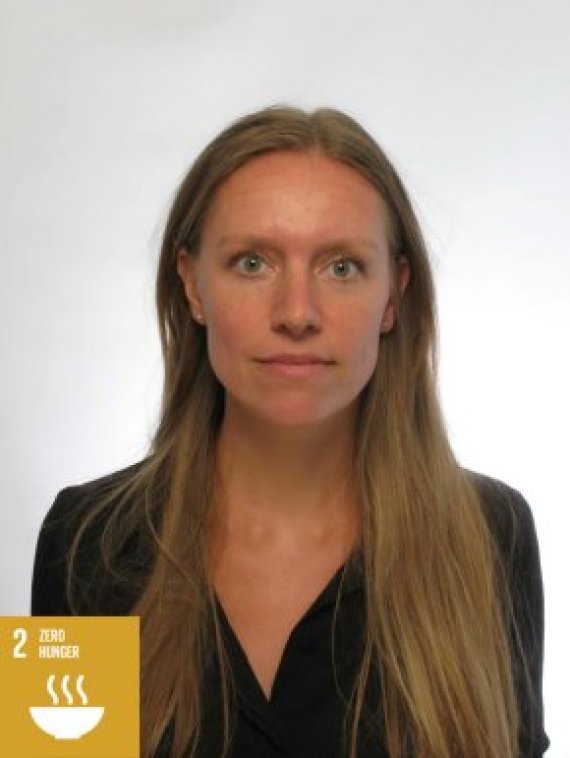© Marijn Faling
How are you involved in achieving the SDGs, in particular eradicating hunger?
‘My doctoral research is aimed at policy entrepreneurs: people and organisations who sell innovative policies to governments. I focus on climate-smart agriculture, which means policies aimed at improving food secutity and which anticipate on climate change. In Kenya, I studied how policies for climate-smart agriculture were established. Who promotes the concepts, and who organises the necessary collaborations to develop an integral policy?’
In your opinion, which concrete action or measures will have a significant impact on achieving these SDGs?
‘Hunger cannot be approached separately from the other SDGs such as climate, environment and development. As such, policy entrepreneurs must operate in a field influenced by various parties and interests. For example, the Ministry of Agriculture has a different view on climate-smart agriculture than the Ministry of Environment, and NGOs do not share the interests of companies. How do you get them to all to agree? It is vital for policy entrepreneurs to be able to frame an issue in different ways. They must have different messages to sell the same idea to different parties. Furthermore, it is important that they show impartial leadership and create a consultation platform in which power discrepancies are minimised.’
How will this help combat hunger?
‘In our fight against hunger, we often start by looking at techniques, such as fertilisers and better seeds, but we also require a proper institutional environment in which farmers can grow crops in a sustainable manner. In countries such as Kenya, governments often lack the resources to develop this kind of policies. In such situations, policy entrepreneurs, who can switch between global goals and local issues and who use crises in food supplies to innovate, play an important role in reducing hunger.’
On 30 and 31 August, WUR will be hosting the SDG conference to find out how we can implement the sustainable development goals of the United Nations. Senior and young speakers from around the world will be giving speeches and attending workshops. What do these participants want to achieve?

